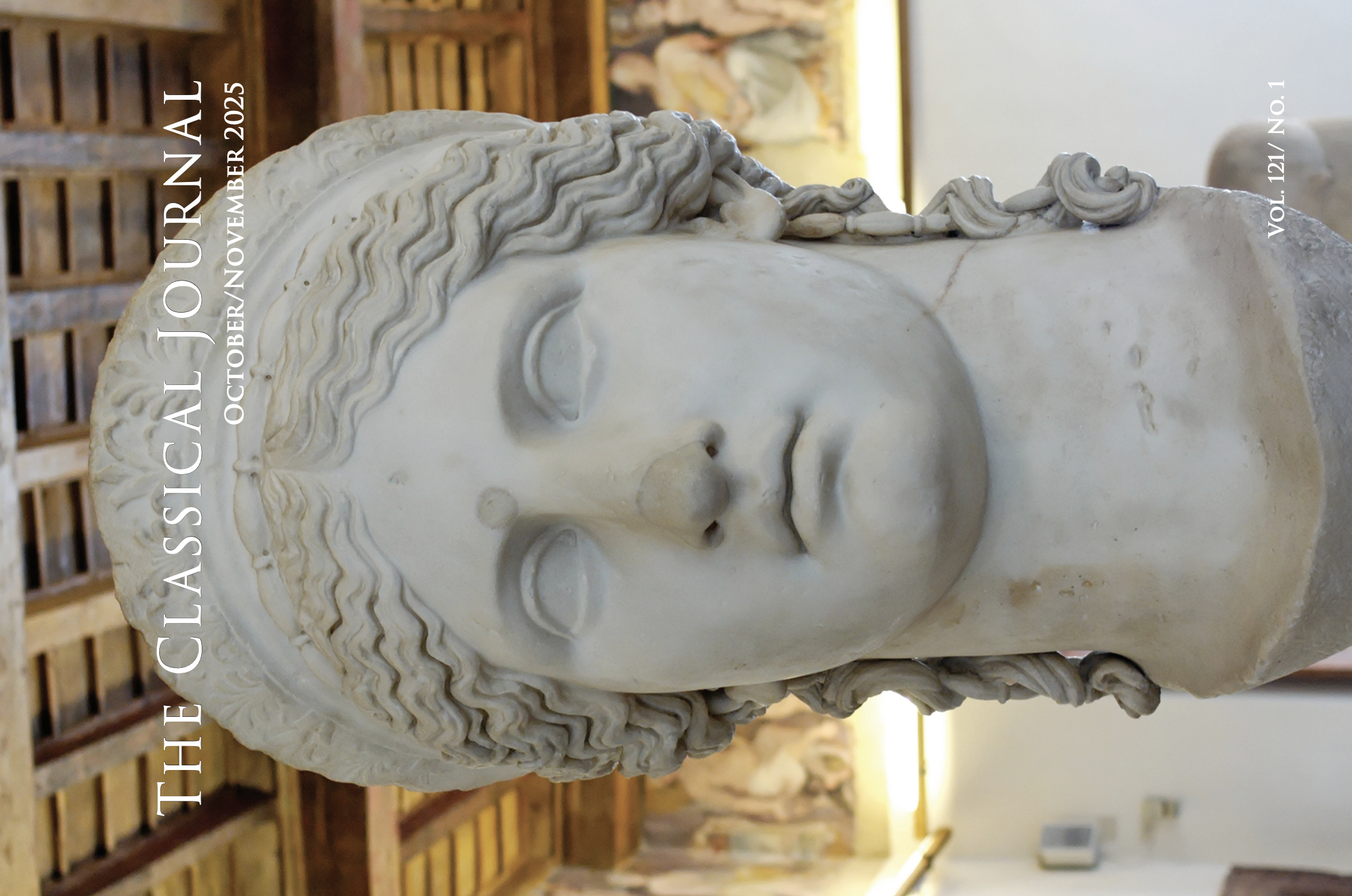The following articles are contained in CJ
112.3
Abstracts of Articles
ALEXANDER’S PERSIAN PILLOW AND PLUTARCH’S CULTURED COMMANDER
This paper investigates the famous story, preserved by Plutarch (Alex. 8), that Alexander kept a copy of the Iliad under his pillow. Given the physical properties of ancient bookrolls and pillows, the anecdote cannot be accepted at face value; instead, I argue, Alexander’s “pillow” was a storeroom, reflecting a Persian idiom preserved by Chares of Mytilene and underscoring Alexander’s adoption of Persian court ceremonial. Plutarch’s omission of this Persian origin, however, allows the anecdote to play a notable part in the larger process by which he recasts the military general as a literary connoisseur who would be perfectly at home in the culture of the Second Sophistic.
FOUNDING COLONIES AND FOSTERING CAREERS IN THE MIDDLE REPUBLIC
During the middle Republic, boards of Roman colonial commissioners, tresviri coloniae deducendae, founded colonies throughout the Italian peninsula. The boards’ composition suggests that there were several ways to create the commission beyond assumed senatorial appointment, including prearranged, cooperative boards or direct election of individuals. The commissioners each had a personal combination of motivations to seek a place on one of these boards, such as regional affiliations or the hope of increased clientele, political favor or economic resources. The combination of these perquisites establishes the colonial commission as a valuable, if optional, tool in aristocratic competition during the middle Republic.
THE EXILED OVID’S RECEPTION OF GALLUS
The poet Cornelius Gallus may be termed the “first exiled poet” of the Augustan regime, although his banishment from Augustus’ circle of friends (between 29 and 26 BCE) was probably political. He subsequently committed suicide and possibly underwent damnatio memoriae. In exile, Ovid appears to be consciously featuring allusions to Gallus. This paper examines some examples of such allusion that throw light on Ovid’s relationship with Augustus. Most of what Gallus wrote is lost, so that sources available for comparison are relatively slight. Yet Ovid’s exilic reception of Gallus, as far as it can be ascertained from comparison of his exilic oeuvre with the small Gallan corpus, casts an interesting light on the poet-prince relationship.
THE APPARATUS CRITICUS IN THE DIGITAL AGE
In this paper I describe a new model for the apparatus criticus in the digital age, one which eliminates many of the limitations of the traditional print apparatus and allows readers to take an active role in constituting their own texts. In addition to discussing the prospects and possibilities for the apparatus criticus, I make a broader case for a new approach to editing texts and try to explain in an accessible way some of the benefits of digital scholarship. These issues are particularly important to think through as the SCS develops their Digital Latin Library and similar projects are underway elsewhere.


